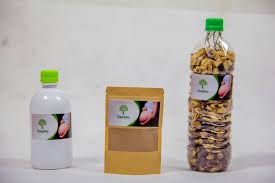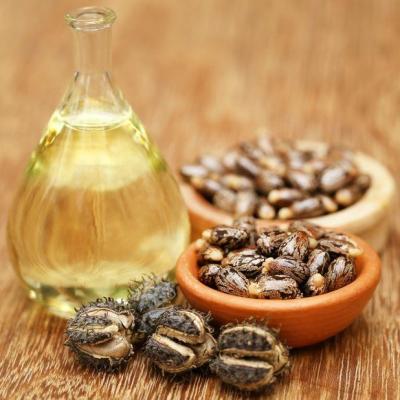
Uterine fibroids are common benign tumors that occur in about 70% of women. They are usually discovered by chance during a routine gynecological consultation.
Sometimes the woman goes to the doctor because of certain characteristic symptoms of this disease: uterine bleeding, disturbances of intestinal transit, abdominal pain, menstrual disturbances, enlargement of the abdomen or infertility.
NATURAL TREATMENT TO CURE FIBROMES
Curing uterine fibroids with a natural remedy made entirely from plants is possible.
The natural treatment that we offer to permanently cure uterine fibroids consists of herbal teas. This remedy has proven its effectiveness with dozens of resolved cases. It is specially designed for patients who do not want to have surgery. This is one of the best natural remedies for curing fibroids.
One of the advantages we offer you is that the results of our treatment are lasting. Trust us! This remedy is the secret to the natural cure of fibroids by plants.

Contact us for Phone / whatsapp / +229 99 54 64 63
The extraordinary therapeutic effect of castor oil on fibroids

Castor oil is obtained from the castor seeds of the Ricinus Communis plant, also known as Christ palm or devil's fig tree.
This oil is rich in a type of fatty acid called ricinoleic acid to which it owes its properties. Besides its medicinal use, it is also used in the food industry, in cosmetics or in the industrial sector.
Using castor oil as described helps overcome uterine fibroids . By stimulating the lymphatic system, it detoxifies the area where it is applied and thus optimizes the functioning of the immune system; therefore, it is used to stop inflammation, infection and pain. Anti-tumor properties are also attributed to it due to this detoxifying effect.
Castor Oil: One of the most popular home remedies for treating fibroids involves applying a towel or cloth soaked in castor oil to the abdominal area and applying heat. It is not recommended if you are trying to get pregnant as well as during the menstrual period.
In more detail, here is the process you need to follow to get satisfaction:
- Buy a bottle of castor oil of 1 liter or more if you wish, you will find it in any herbalist or drugstore.
- Take a test by applying castor oil to your arm, for example, to check that it doesn't make you allergic.
- Soak a cloth in castor oil in a glass container. You can use a piece of towel folded in 2 layers, cut the towel to the size of the area to be covered, in this case the lower abdomen.
- Heat some water and fill a hot water bottle.
- Cover the bed or the area where you will be doing this practice with an old towel, as the oil can leak out and stain the surface where you lie.
- Put on some relaxing music, candles and heat the room.
- Lie down on the bed or sofa, where it's most comfortable for you.
- You place the cloth soaked in castor oil on your uterus and the lower area of the belly, cover the cloth with a transparent film and above the film, the hot water bottle.
- Stay 30 minutes, calmly savoring the heat.
- You can take the opportunity to do some meditation.
Fibroids and infertility problems

Most women with uterine fibroids can get pregnant without any problems. And if they can't, the main cause is often not uterine fibroids . Affecting the ability to conceive mainly depends on the position of the uterine fibroid.
A uterine fibroid that swells in the uterine cavity or is located in the uterine cavity can lead to infertility. Sometimes the multitude of uterine fibroids in older women can lead to infertility. Uterine fibroids growing outside the uterus do not appear to influence fertility in women unless they grow to large sizes (over 10 to 15 cm).
Studies have shown that women with uterine fibroids who have successfully become pregnant have a higher risk of miscarriage, pregnancy or premature birth than those without uterine fibroids.
Most women with uterine fibroids get pregnant and have trouble-free term pregnancies. However, those who have at least one uterine fibroid larger than 5-6 cm have a higher risk of pregnancy problems.